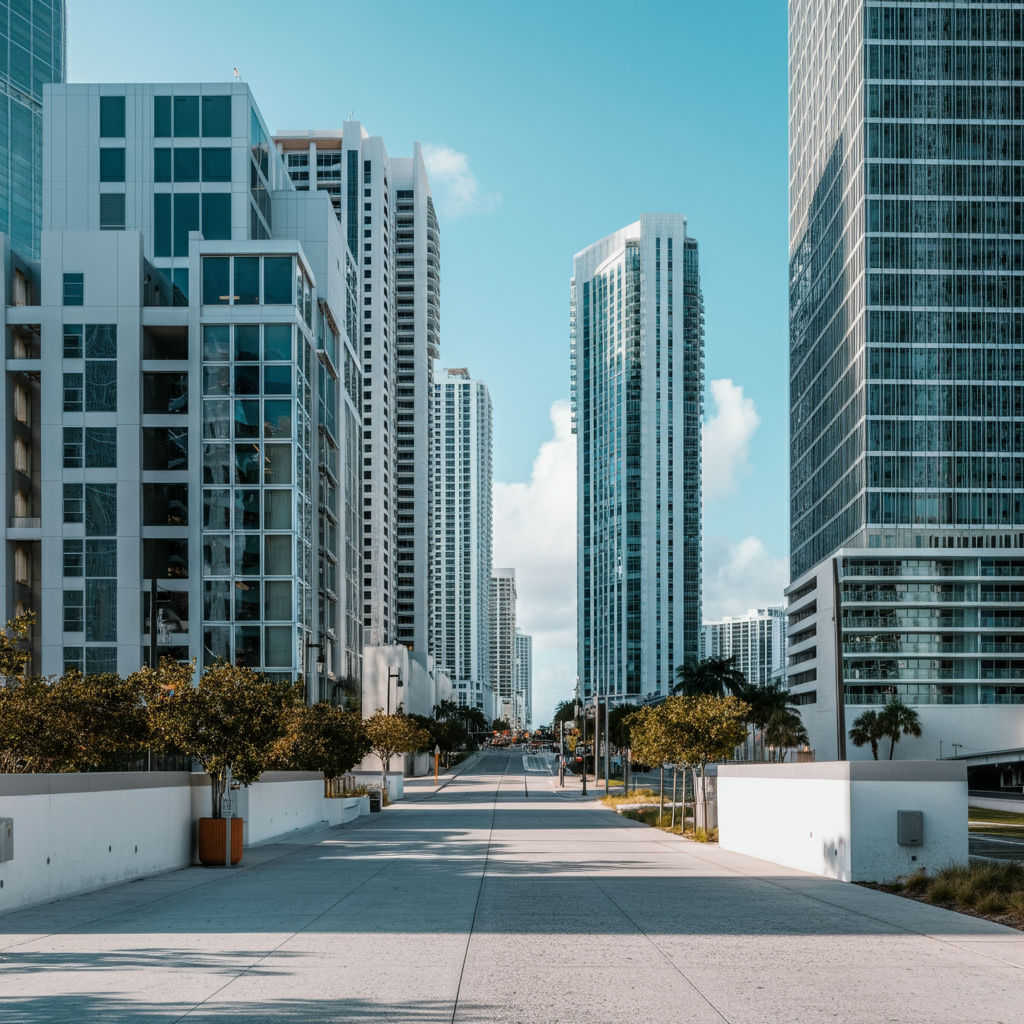- Over 1 million green cards issued in 2023- The U.S. granted permanent residence to more than 1 million people in FY 2023, with immigration legal services playing a critical role in achieving the 91% approval rate for employment-based applications
- Average processing takes 13.2 months - Employment-based green card applications require strategic planning with processing times ranging from 10.7 to 25.3 months depending on category
- 4 million people wait in official backlogs - The State Department's immigrant visa waiting list continues growing while per-country caps create century-long delays for some nationalities
- 818,500 naturalizations completed in FY 2024 - Despite backlogs, citizenship rates remain 12% above pre-pandemic averages, showing strong pathways from green card to naturalization
- Fraud detection intensifies with 44% discovery rate - USCIS Operation Twin Shield reveals widespread fraud attempts, emphasizing the importance of working with legitimate legal professionals
Comprehensive data analysis from USCIS reports, government statistics, and immigration research institutions
Annual Green Card Issuance & Approval Statistics
- Over 1 million green cards were issued in fiscal year 2023. The United States maintained robust immigration levels with over 1 million green cards issued in FY 2023. This consistent issuance demonstrates the continued viability of legal immigration pathways despite administrative challenges. Working with experienced immigration attorneys ensures your application joins this successful cohort rather than falling into the growing denial statistics.
- 91% approval rate for employment-based green card applications in FY 2024. Employment-based petitions achieved an impressive 91% approval rate when properly prepared and documented. This high success rate reflects the importance of comprehensive application packages and expert legal guidance. Alma's platform helps companies maintain these high approval rates through structured workflows and attorney oversight.
- 6.3 million green card slots have gone unused since 1921. Administrative inefficiencies have resulted in 6.3 million wasted green cards over the past century. These lost opportunities represent millions of qualified applicants who could have contributed to the U.S. economy. Modern immigration platforms with guaranteed turnaround help prevent such administrative delays from affecting individual cases.
Processing Times & Backlog Data
- Average employment-based green card processing takes 13.2 months. Current USCIS processing averages 13.2 months for employment-based cases, though times vary significantly by service center. USCIS now lists times under “Service Center Operations (SCOPS)” rather than naming individual service centers, since cases may be handled across multiple locations based on workload and staffing, and processing metrics are provided by form type. Plan for this timeline with careful status maintenance, and improve your odds by submitting a complete, well-documented filing and responding promptly to USCIS requests. Visa processing can be optimized through proper preparation and responsive communication with USCIS.
- Processing ranges from 10.7 to 25.3 months depending on category. Employment-based green card processing shows wide variation, ranging from 10.7 to 25.3 months based on preference category and service center workload. Understanding these timelines helps set realistic expectations and maintain lawful status throughout the process. Strategic filing with PERM certification expertise can position cases for faster processing tracks.
- More than 4 million people wait on the State Department's immigrant visa list. The official backlog includes more than 4 million applicants awaiting visa numbers to become available. This massive queue affects primarily family-based categories but also impacts employment preferences from high-demand countries. Professional case management through immigration compliance platforms helps track priority dates and optimize filing strategies.
- Indians face more than a century wait for employment-based green cards. Per-country caps create extreme delays with Indians waiting more than 100 years in some employment categories. This generational backlog forces many skilled workers to explore alternative pathways like the EB-1A or EB-2 NIW. EB categories with current priority dates offer faster routes for qualified applicants.
Category-Specific Performance Metrics
- 129,814 employment-based applications filed in FY 2024. USCIS received 129,814 employment-based green card applications in fiscal year 2024, demonstrating sustained demand for skilled worker immigration. This filing volume represents thousands of companies investing in foreign talent retention. The business platform streamlines these filings with real-time dashboards and compliance tracking.
- 785,000 approved employment petitions await visa availability. Nearly 785,000 approved immigrant petitions remain stuck waiting for visa numbers to become available. These approved cases represent qualified workers already vetted by USCIS but blocked by numerical limits. Strategic planning with green card experts helps identify categories with shorter wait times.
- Family-based denial rate exceeds 10% annually. Family-sponsored green card applications face denial rates slightly more than 10% each year. Common denial reasons include insufficient financial support documentation and relationship evidence issues. Comprehensive case preparation with individual services addresses these vulnerabilities before filing.
Diversity Visa & Humanitarian Programs
- Up to 55,000 diversity visa green cards issued annually. The Diversity Visa Program awards up to 55,000 green cards each fiscal year, representing approximately 5% of all new permanent residents. This lottery system provides opportunities for nationals from countries with low U.S. immigration rates. Selection doesn't guarantee approval, making professional representation valuable even for lottery winners.
- 142,203 refugees approved by USCIS in FY 2024. USCIS approved 142,203 refugees following 159,394 interviews in fiscal year 2024. The expanded Refugee Corps staff of 481 officers reflects intensified vetting procedures. These humanitarian admissions operate outside standard immigration caps but face equally rigorous screening.
- 1.8 million asylum applications pending. The asylum backlog includes 1.8 million pending applications creating multi-year waits for asylum hearings and decisions. This overwhelming caseload affects both affirmative and defensive asylum processes. Alternative pathways through employment or family sponsorship often provide faster routes to permanent status.
Naturalization & Citizenship Trends
- 818,500 people became U.S. citizens in FY 2024. Naturalization ceremonies welcomed 818,500 new citizens in fiscal year 2024, surpassing pre-pandemic averages by 12%. This robust naturalization rate demonstrates successful progression from green card to citizenship for hundreds of thousands. The average journey from green card to citizenship takes 7.5 years.
- Mexico leads with 107,700 naturalizations representing 13.1% of new citizens. Mexican nationals comprised the largest group with 107,700 naturalizations in FY 2024. This consistent leadership reflects both geographic proximity and established immigrant communities. California alone accounts for 150,200 naturalizations, or 18.4% of the national total.
- 52% of new permanent residents adjusted status from within the U.S.. More than half of new green card recipients, specifically 52% in FY 2023, adjusted status domestically rather than through consular processing. This domestic adjustment pathway allows continuous U.S. residence during processing. Maintaining lawful status throughout remains critical for adjustment eligibility.
Fraud Detection & Compliance Statistics
- 44% fraud discovery rate in Operation Twin Shield investigations. USCIS Operation Twin Shield found evidence of fraud in 44% of reviewed cases in Minneapolis. The investigation uncovered 275 cases of suspected immigration fraud including document fabrication and marriage fraud. Working with legitimate attorneys protects against inadvertent fraud that can permanently bar immigration benefits.
- 481 Refugee Corps staff deployed in FY 2024 versus 167 in 2018. USCIS expanded fraud detection with 481 authorized Refugee Corps staff in FY 2024, nearly triple the 2018 levels. This enhanced vetting capacity reflects government commitment to system integrity. Increased scrutiny makes comprehensive documentation and transparency essential for all applications.
Other Articles
- https://www.tryalma.com/blog/jensen-huang-immigration-story
- https://www.tryalma.com/blog/o1-extension-statistics
- https://www.tryalma.com/blog/green-card-denial-statistics
- https://www.tryalma.com/blog/h1b-lottery-statistics
- https://www.tryalma.com/blog/nicki-minaj-immigration-story
- https://www.tryalma.com/blog/jerry-yang-immigration-story
- https://www.tryalma.com/blog/apoorva-mehta-immigration-story
- https://www.tryalma.com/blog/noubar-afeyan-immigration-story
- https://www.tryalma.com/blog/tope-awotona-immigration-story
- https://www.tryalma.com/blog/jan-koum-immigration-story
- https://www.tryalma.com/blog/tony-xu-immigration-story
- https://www.tryalma.com/blog/o1-processing-time
- https://www.tryalma.com/blog/h1b-processing-time
- https://www.tryalma.com/blog/immigration-lawyers-fremont
- https://www.tryalma.com/blog/immigration-lawyers-oakland
Frequently Asked Questions
While 91% of employment-based applications received approval in FY 2024, numerical caps and backlogs create extensive waits for most applicants. Success depends heavily on choosing the right category and preparing comprehensive applications. Alma's services maintain a 99%+ approval rate through meticulous preparation and attorney expertise.
The U.S. issued over 1 million green cards in FY 2023, maintaining consistent immigration levels despite processing challenges. These numbers include family-based, employment-based, diversity visa, and humanitarian categories. Annual caps limit family and employment categories to 226,000 and 140,000 respectively, though immediate relatives face no numerical restrictions.
With up to 55,000 diversity visas available from millions of entries, selection odds vary by region but typically range from 0.5% to 2%. Selected applicants must still meet all eligibility requirements and pass consular interviews. The lottery provides opportunity but isn't a reliable primary strategy for most applicants.
Green card renewal through Form I-90 currently averages 13.2 months based on USCIS processing times. Expired cards don't affect permanent resident status but can complicate employment verification and travel. Filing renewal applications 6 months before expiration prevents gaps in documentation.
EB-1 extraordinary ability petitions historically maintain higher approval rates than EB-2 NIW cases, which now face increased scrutiny. Success rates vary significantly based on evidence quality and legal representation. EB-1 services leverage attorney expertise to maximize approval chances in premium categories.



.png)
.png)



